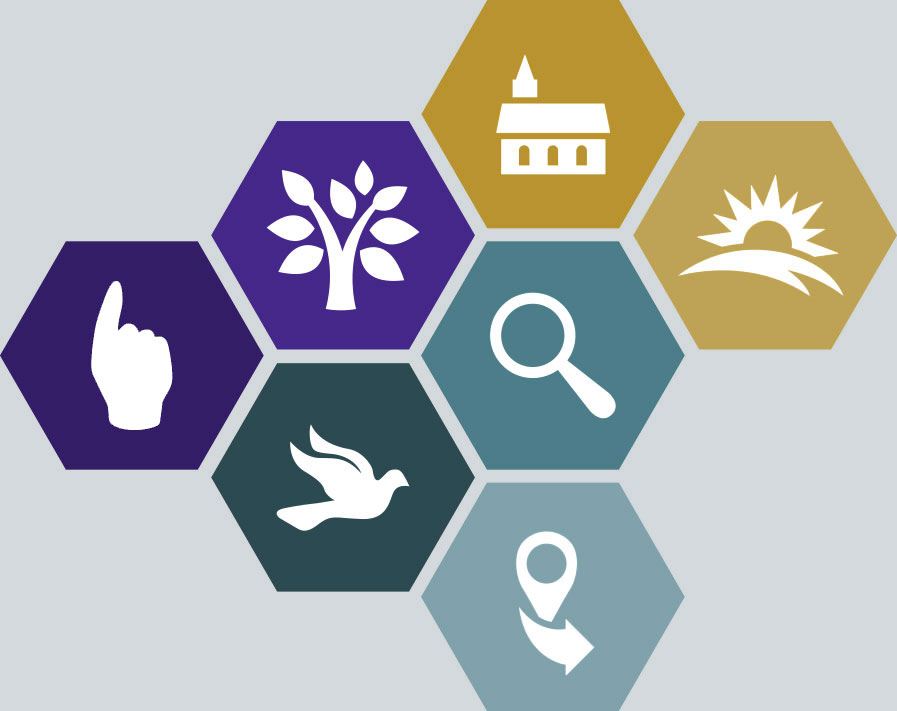Integrating Physical & Spiritual
An Integrated Approach

An Integrated Approach
During the Reformation it was understood that everything we did was to be done “before the face of God,” Coram Deo. God was believed to be involved in everything, and everything was done to glorify Him. This concept of Coram Deo is true to God’s word. The Bible states clearly that everything we do—from eating and drinking to working—should be done before God and in ways that bring glory to Him (see I Corinthians 10:31 and Colossians 3:17).
An integrated approach starts with this understanding. A realization that:
- Everything we do should be done for God’s glory and
- The way we address brokenness—in this case serving the vulnerable—must be informed by our faith.
An integrated approach changes our goals, our vision, and our key teachings. It changes the foundation under everything.

A New Goal
Without an integrated approach things can easily go wrong. In one program we visited many people reported great improvement in their lives—nicer houses, more money, educated children, better health practices…how people now admired them, how they had become “somebody” in their communities. They were proud of the status they had achieved. But in all the reports God was never mentioned. It was all about them.
The program had become all about improving themselves and their communities—something they were apparently successful in doing. But the most important thing, God’s glory, was lost.
By trading the goal of God’s glory for any other good goal—families having access to water, health care, food, or education—we are in danger of helping people trade one set of problems for another. In China they boast of great development—the number of people living below the poverty line has plummeted. But there are new problems. Families are separated, pollution is out of control, human rights violations are numerous. Material poverty, in its narrowest definition, has been significantly reduced. However, it’s hard to argue that the nation and its people are closer to God’s intentions.
The goal of an integrated approach is not physically improved lives; it is to glorify God in everything. The Westminster Shorter Catechism states that the chief end of man is to glorify God and enjoy Him forever. This is the reason we were created—to bring praise and glory to our God. This calling is for all of us, from the poorest widow in DR Congo to the wealthiest CEO in an air-conditioned highrise.
As we develop programs we need to ensure that God’s glory and helping people to glorify God is the focus. Anything else is a dangerous distraction.

A New Vision
We bring glory to God by building His Kingdom. Jesus talked a lot about God’s kingdom—in the Lord’s prayer (Matthew 6:10), in the Sermon on the Mount (Matthew 6:33), and after His resurrection (Acts 1:3). But what is the Kingdom of God?
The kingdom of God is anywhere that Jesus is king and His will is done. As Christ’s body, we are seeking to see His kingdom advance here on earth, both as more people come into a saving relationship with God and as God’s will is increasingly done in all areas of life.
This understanding of the kingdom of God gives us a new vision to work toward: every part of our lives and our communities aligned to God’s intentions. As we visit communities our conversation should change. We don’t talk to churches about how they can improve their lives. Instead, we ask, “What does God intend for your community? If He was the leader of this community, what do you think He would change first? What would He do about the orphans and the widows among you? How can you respond?” The reframing of the issue is important. It moves us back to helping people understand (and endlessly reminding ourselves) that it’s all about God. It’s not about a better life; it’s about seeing God’s kingdom come, His will being done, on earth as it is in heaven.



